Understanding Domestic Violence Protective Order (DVPOs):
Immigration Consequences:
Key Points of Intersection:
Criminal Charges and Immigration: If a person is convicted of a domestic violence-related crime, it can have severe repercussions on their immigration status. Crimes classified as “crimes of moral turpitude” or “aggravated felonies” can lead to deportation or inadmissibility.
Protecting Immigrant Victims: The U visa and VAWA (Violence Against Women Act) offer relief to immigrants who are victims of certain crimes, including domestic violence. These provisions allow victims to apply for legal status, offering protection from deportation and a path to lawful permanent residency. DVPOs can have significant implications on immigration matters, as they may affect a person’s eligibility for certain immigration benefits, such as U visas or VAWA (Violence Against Women Act) petitions. These protective orders can also impact child custody and visitation arrangements, which intersects with your expertise in family law.
Admissibility and Deportability: A DVPO, even if not a criminal conviction, can affect admissibility and deportability determinations. Immigration officials consider the circumstances and severity of the case to decide if the individual should be allowed to enter or remain in the U.S.
Child Custody and Immigration: In DVPO cases involving child custody, immigration status can further complicate matters. The best interests of the child remain paramount, but immigration status may influence custody decisions.
Communication and Collaboration: Effective communication between family law attorneys and immigration attorneys is crucial. Coordinating legal strategies ensures that both the domestic violence and immigration aspects are adequately addressed.
Immigrants Defending Against DVPO
Defending against a DVPO in North Carolina requires a strategic and thorough approach to provide the best possible defense for immigrants confronted with DVPO proceedings. The intricate intersection of North Carolina Domestic Violence Protection orders and immigration cases requires a comprehensive understanding of both areas of law in the Spanish language.
It is important that Spanish speaking immigrant client who is advised in their native language, especially those who may not be proficient in English. Our family lawyer speaks Spanish and offers bilingual service to her clients. It is essential to provide clients with accurate information about potential consequences, strategies for mitigating negative outcomes, and guidance on preserving their rights and status. For this reason an immigrant with a possible restraining order against them should contact a family lawyer in the state of North Carolina who has a background in immigration law.
Understand the DVPO Process:
In North Carolina, defending against a Domestic Violence Protective Order (DVPO) involves presenting evidence that disproves the allegations or shows that the order is unnecessary. It is important to gather evidence to build a strong defense; a strong defense begins with gathering evidence that contradicts the allegations made in the DVPO. This could include witness statements, text messages, emails, phone records, and any other relevant documentation that can help challenge the petitioner’s claims. When it comes to immigration, being a lawyer practicing in immigration law as well as family law, you can provide valuable insights on how DVPOs can impact immigrant individuals and families.
Negotiate if Appropriate: Accepting Guilty Pleas
If the circumstances allow, explore the possibility of negotiation with the plaintiff’s legal representation. This could lead to a mutually acceptable resolution without the need for a lengthy court battle. However, it is important you understand what you are pleading guilty to and the consequence of your guilty plea has on your status.
As an immigrant you are required to disclose your arrest, charges and convictions to immigration when applying for an immigration benefit. Even if the case is dismissed against you you are required to disclose your arrest and charge and explain the disposition of the case.
If you are applying for an immigration benefit, you must send a copy of the criminal disposition to immigration with your application. This is why it is important to be advised by a family lawyer with an immigration background, before you accept a plea.
Under North Carolina law, judges are not required to provide an immigrant or non citizen defendant with how a plea may affect their immigration status. North Carolina law only requires that a judge provide a general advisement to the defendant before they accept a guilty plea. Unfortunately not every judge will do this unless it is a felony plea. Most judges in the counties I practice (i.e Wake, Cumberland, Harnett) are not familiar with immigration law and know misdemeanor convictions can result in an immigrant referred to immigration court or may disqualify them for citizenship. This is important to seek immigration advice before you accept a guilty plea on any.
Are you facing a Deportation for a Criminal Offense?
If you or someone you care about has been charged with domestic violence in Wake, Harnett and Cumberland counties North Carolina, it is extremely important that you contact Fayetteville Domestic violence protection order attorney Dahlia Castillo who is aware of the consequences of such conviction. Our Fayetteville Domestic violence protection order attorney Dahlia Castillo understand how a criminal conviction can affect immigration status. Attorney Dahlia Castillo will fight not only to keep you out of jail but to keep you in the U.S. and with your family.
Contact the Law Office of Dahlia Castillo for legal assistance regarding your child support case in North Carolina. North Carolina child support attorney Dahlia Castillo offers legal representation and assistance for immigrants. Attorney Dahlia Castillo provides a bilingual services to clients. We offer consultations in-person at one of our offices in Fayetteville, North Carolina and Fuquay Varina, North Carolina and by Zoom with attorney Dahlia Castillo. Contact our office at 910-484-3245 to schedule a consultation with attorney Dahlia Castillo. Our bilingual team will answer your questions and explain your options or click here to schedule a consultation online.
Disclaimer: This Blog is made available by the lawyer or law firm publisher for educational purposes only as well as to give you general information and a general understanding of the law, not to provide specific legal advice. By using this blog site you understand that there is no attorney-client relationship between you and the Blog/Web Site publisher. The Blog should not be used as a substitute for competent legal advice from a licensed professional attorney in your state.








